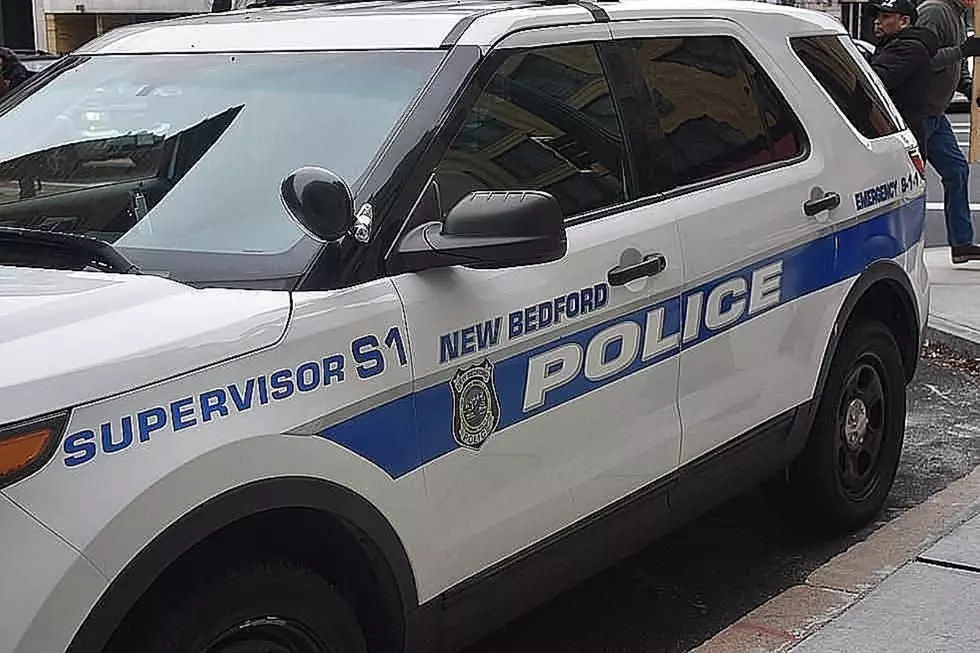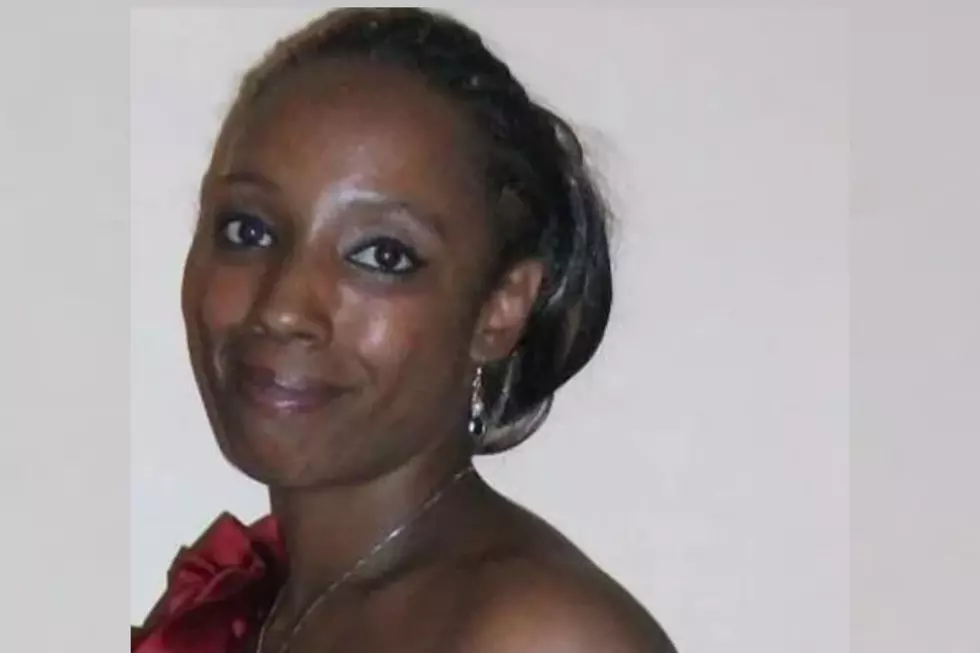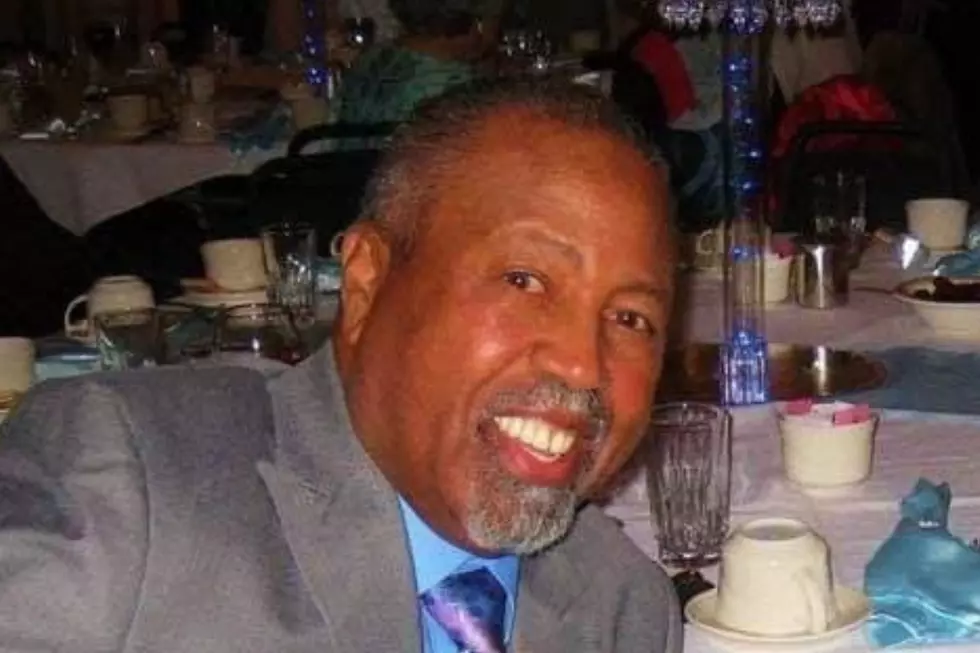![SouthCoast Seagulls Are Hardly Bird-Brained [PHIL-OSOPHY]](http://townsquare.media/site/518/files/2020/11/RS25978_GettyImages-1000788836-scr.jpg?w=980&q=75)
SouthCoast Seagulls Are Hardly Bird-Brained [PHIL-OSOPHY]
Whip-smart seagulls have figured out exactly when food breaks occur and where.
Researchers at the University of Bristol's Faculties of Engineering and Life Sciences fitted GPS trackers to a dozen seagulls to see where and when they foraged, and say they have discovered that the birds know exactly when to set their eating schedule based on human activities, like a school playground at lunchtime or in urban centers near the food truck caravans at noon.
The scientists observed the birds visited three different locations for their feeding pattern. During the early morning, they flock to city parks for the earthworms, insects and crammed trash receptacles, then onto the schools and outdoor eating locations at lunchtime, and in the late afternoon, the waste centers after the dump trucks have unloaded their treasures. The full details were published in the International Journal of Avian Science.
Does there seem to be more seagulls flying around today? There are because they're feasting on flying ants and other airborne intruders. There's a type of seagull that can zero in on fishing boats from a distance of about seven miles. Northern Gannets have binocular vision that can determine a fishing boat's speed, fishing activities, and the presence of other birds before deciding to fly over. As our local fleet can tell you, the gulls eat fish that have been thrown overboard and plunge-dive at speeds of 60 miles an hour.
Despite its common usage, the term "seagull" is a misnomer. There is no gull species known as a "seagull." Around here, the most common ones are herring, great black-backed, ring-billed and those all-too-familiar sounds of the laughing gull.
Love them or loathe them, seagulls are as much a part of the SouthCoast as are the self-indulgent human dwellers. Yes, seagulls are very smart, but they're also essential in controlling our overindulgence and squander.
And sometimes, we save them as much as they save us, like when a seagull was rescued after impaling itself on a lighting rod atop Fairhaven High School.
Do you have any flashbacks? I'm interested in hearing your Jonathan Livingston Seagull tale.
Phil Paleologos is the host of The Phil Paleologos Show on 1420 WBSM New Bedford. He can be heard weekdays from 6 a.m. to 10 a.m. Contact him at phil@wbsm.com and follow him on Twitter @PhilPaleologos. The opinions expressed in this commentary are solely those of the author.

More From WBSM-AM/AM 1420









